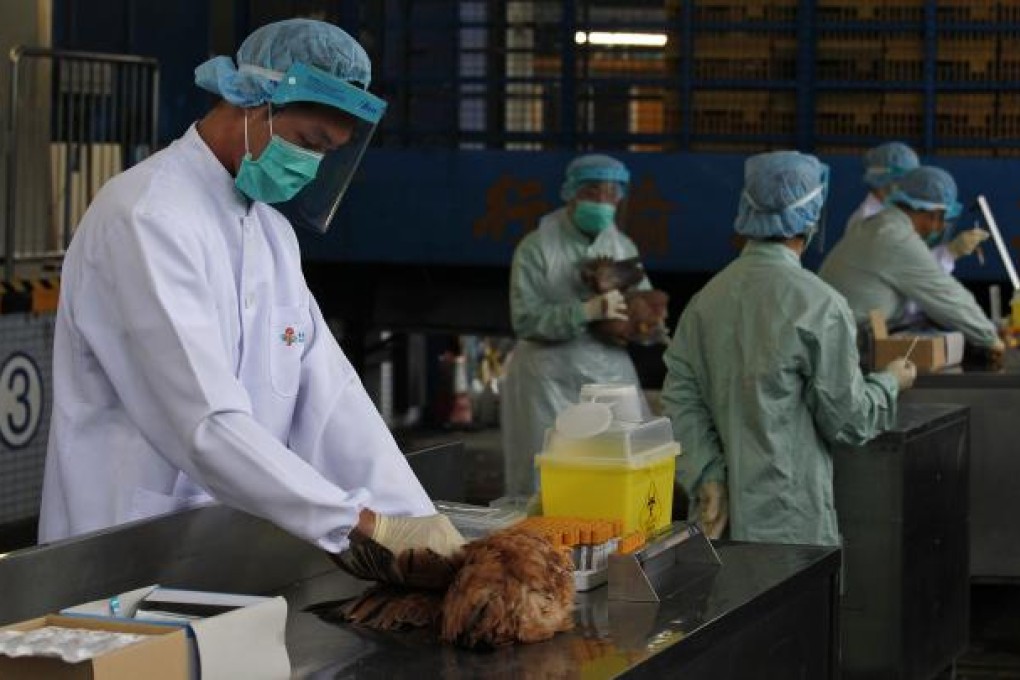Opinion | False alarm quarantine gives me confidence in Hong Kong's H7N9 preparedness

These days, if you’ve been in contact with chickens or other birds or been to mainland China in the past few weeks, and you start to feel sick... well, chances are your first thoughts jump to the newest bird flu virus, H7N9. As the number of cases has increased – at last count, 82 – this virus is certainly nothing to be sneezed at, if you’ll pardon the pun.
You can probably imagine how I felt when I began to display flu-like symptoms. Not usually one to go to the doctor’s on a whim, I decided to play it safe and visit my local clinic. My symptoms alarmed my doctor – more so when she heard that I had been to mainland China within the last week.
She told me that I had to report to a local hospital and promptly called Princess Margaret to let them know I was coming, adding that if I didn’t go she would have no choice but to report my case to the local authorities.
The emergency room was chaotic with people crying, coughing and wailing.
After registering at the reception desk, a nurse took my blood pressure and my temperature, and then sent me to an examination room.
Barely 10 minutes later, I was seen by a doctor and a nurse.
Finally, a nurse sat me down and said, “We’re not really sure what you have, but to be safe, we’re going to put you in quarantine. You should expect to be there for at least a couple of days. If I were you, I would call my family now and let them know what’s going on.” I must have paled because she put her (gloved) hand on me, and reassured me, “Don’t worry. You’ll get the best care here. Nothing will happen to you.”